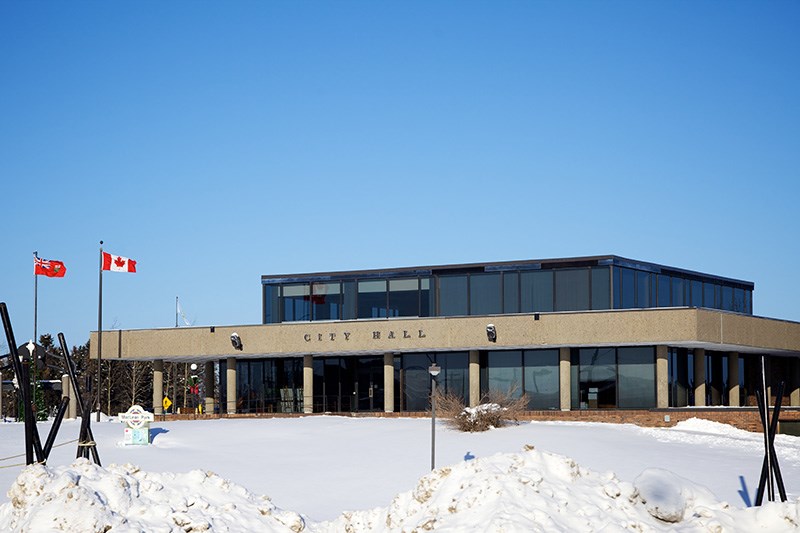Thompson city council approved first reading of a bylaw to establish a special service levy for residential water, sewer and storm line breaks for the next five years at their Jan. 18 meeting.
Modelled after two previous versions that were in effect from 2010 to 2015 and 2016 to 2020, the special service levy divides the actual cost of repairing such line breaks from the previous year among all eligible property owners. There are 3,241 properties that will be covered by this service if it passes second and third reading. They include residential properties and institutional properties with lines of up to one inch. Commercial buildings, rental complexes and apartment buildings are not covered by the service and do not pay the levy. Breaks which occur one metre or less from a building are not covered by this agreement and must be paid for by property owners.
In 2020, the last year of the previous special service bylaw, each property owner paid about $75 to cover the actual costs of repairing such line breaks in 2019, which was about $242,000. The actual cost of repairs for 2020 will be the basis for the amount of the levy in 2021. This amount is not yet known but the city is estimating that it could be up to $300,000, which would work out to about $92 for each eligible property.
All councillors at the meeting except Coun. Earl Colbourne voted in favour of the bylaw.
“Isn’t that what our property taxes are used for?” he said. “Fixing our water breaks, fixing our taxpayers’ breaks? Now you want to put an extra one on there. You’ve got an increase coming in water. We’re talking about increased probably property tax, now you want to increase this one by 20, 25 per cent? Where do it end?”
Asked by Colbourne what would happen if the bylaw didn’t pass, city manager Anthony McInnis said it would be up to property owners to pay for repairs themselves.
“It wouldn’t be the city doing the repairs anymore,” he said. “They would have to go out and find their own contractor to do their own repair. They’d be on the hook for it themselves or have to go through their insurance if their insurance would cover that.”
In most municipalities, the full cost of repairing line breaks on residential properties is the responsibility of the property owner, said Coun. Brian Lundmark
Mayor Colleen Smook likened the special service fee to an insurance premium
“It’s basically an insurance policy for homeowners that everybody partakes in and a few more get the benefits of it,” she said. “It does not cost the city for these water breaks in the end because it is paid for by this insurance.”
The special service fee could rise to as much as $123.38 in 2025 based on the city’s estimates. If the actual costs are lower than the amounts set out in the bylaw, they are adjusted downwards. If the actual costs were to end up higher, a public hearing would have to be held to amend the plan.
The first special service levy was adopted in 2010, after the city proposed to increase the dig fee for line breaks on residential properties to $2,000 from $1,000. Those fees did not cover the total cost of the digs and repairs, estimated to average around $5,000 back than and to range from about $6,000 to $15,000 now.
A public hearing where people can make presentations, ask questions or register objections to the special service bylaw will be held before it proceeds to second and third reading.




